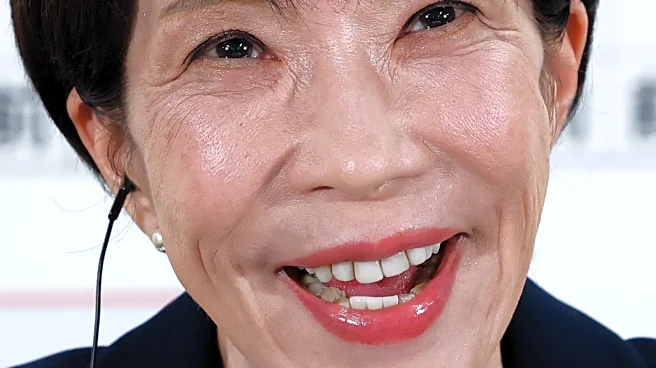What is the story about?
What's Happening?
The Trump administration has adopted a military strategy against drug cartels, reminiscent of tactics used in the global war on terror. By designating cartels as foreign terrorist organizations, the administration has conducted military strikes against suspected drug boats in the Caribbean. These actions, justified under Article II powers, aim to eliminate the drug trade by employing military and intelligence resources. However, the legality and effectiveness of these strikes have been questioned, with concerns about extrajudicial killings and the loss of intelligence opportunities.
Why It's Important?
The administration's approach marks a significant escalation in the use of military force against drug cartels, raising legal and ethical concerns. While intended to deter drug trafficking, experts argue that such tactics may not effectively reduce drug flow to the U.S. and could lead to unintended consequences, such as increased violence and public backlash. The strategy also highlights the broader implications of using military force in non-conflict zones, challenging traditional legal frameworks and potentially setting a precedent for future actions.
Beyond the Headlines
The use of military force against cartels reflects a broader trend of militarizing domestic issues, which could have long-term implications for U.S. foreign policy and civil liberties. The approach raises questions about the balance between national security and human rights, as well as the role of military power in addressing complex social issues like drug trafficking. This strategy may also influence international perceptions of U.S. policy, affecting diplomatic relations and global cooperation on drug enforcement.

















